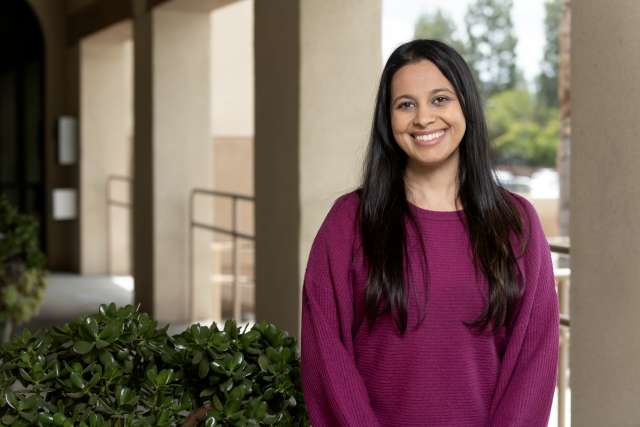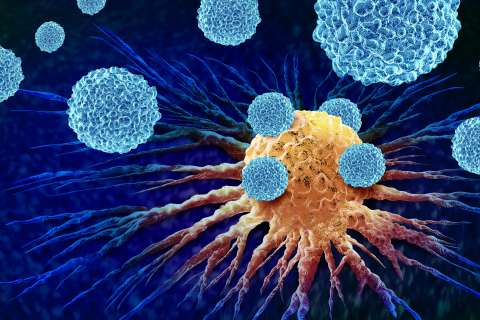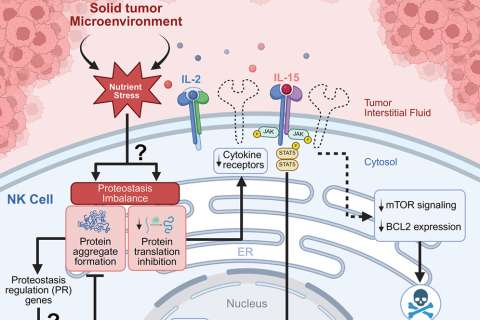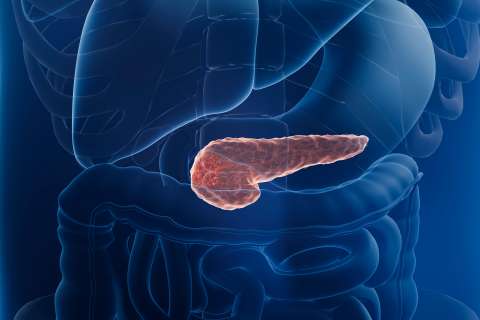Young adulthood is a time of development and emergence — of building identity, finding one’s place in the world, establishing social connections, perhaps starting a family.
Dealing with a cancer diagnosis makes all this growth and change much more complicated.
“We know a cancer diagnosis is very tough at any age,” says Aditi Wahi-Singh, MPH, LCSW, a clinical oncology social worker with the Simms Mann UCLA Center for Integrative Oncology. “But of course 20- and 30-year-olds are in a different developmental stage of life. They may be students or young professionals trying to start their careers. They may be dating or newly married, versus patients in their 60s, 70s or 80s who are likely more established in their careers and have long-term partners or adult children for support. It’s just a different dynamic.”
That’s why the Simms Mann Center, which provides an array of psychosocial support services for people diagnosed with cancer, is launching a support group just for young adults. The weekly lunch-hour virtual sessions are set to begin in February.
While adults of any age are welcome to participate in many of the Simms Mann Center’s offerings — which include art therapy, mindfulness meditation and various support groups — this new group will be targeted to the needs of adults ages 18 to 40, Wahi-Singh says.
“When I meet with young adult patients one-on-one, one of the themes that comes up often is that it is a lonely place to be,” she says, “because their friends and colleagues are advancing in their careers or getting married and having kids and moving along in life while these patients feel like they’re being left behind because they are coming into the hospital for daily infusions, surgeries, scans. It can feel very sad and very lonely.”
Social interaction is especially important for people in their adolescent and young-adult years, says Wahi-Singh, who has also done research in pediatric hematology and oncology.
Experiences common to cancer diagnosis and treatment — such as confronting mortality, changes in physical appearance, loss of reproductive capacity and health concerns about the future — are “particularly distressing” for young adults, according to one study. Another study found that support tailored to a population’s age that helps facilitate connections with peers improves psychosocial outcomes. Even just a few sessions of support has been found to improve relationships and psychological wellness.
“Isolation can be really tough at this age,” Wahi-Singh says, “and to feel like none of your friends get it or understand.”
She envisions the support group as a place where young adults can make connections with people their own age and talk about the kinds of things their friends, and even their parents, may not understand — a place where they can share practical information and resources and learn from each other about helpful strategies for getting through treatment and the inevitable bad days.
Those interested in joining the group, set to meet from noon to 1 pm Tuesdays, can call the Simms Mann Center and ask to be a part of it, Wahi-Singh says.
“Sometimes we can be apprehensive about reaching out for support and feel like nobody is going to get it or nobody wants to listen,” she says. “I want our young adult patients to know that we’re here — and that we have something specially cultivated and created just for them. The overall idea is for people to feel like they’re not alone.”




